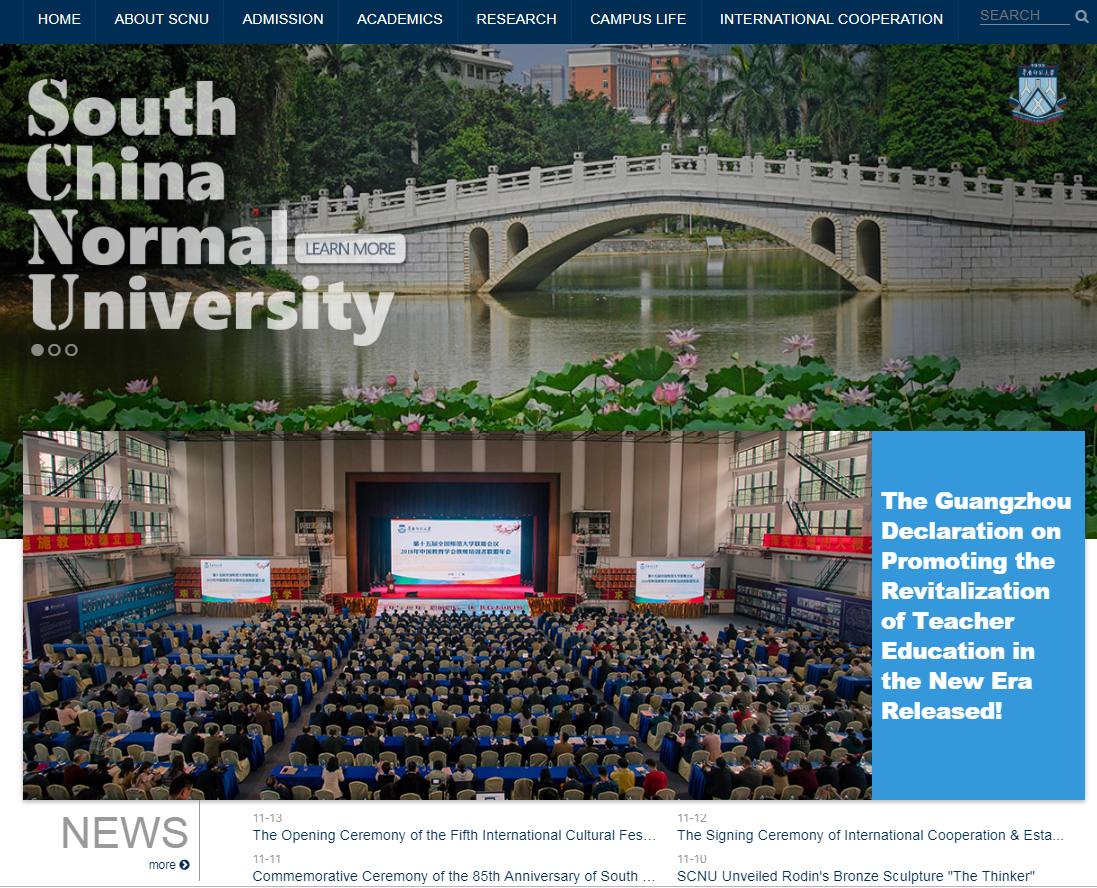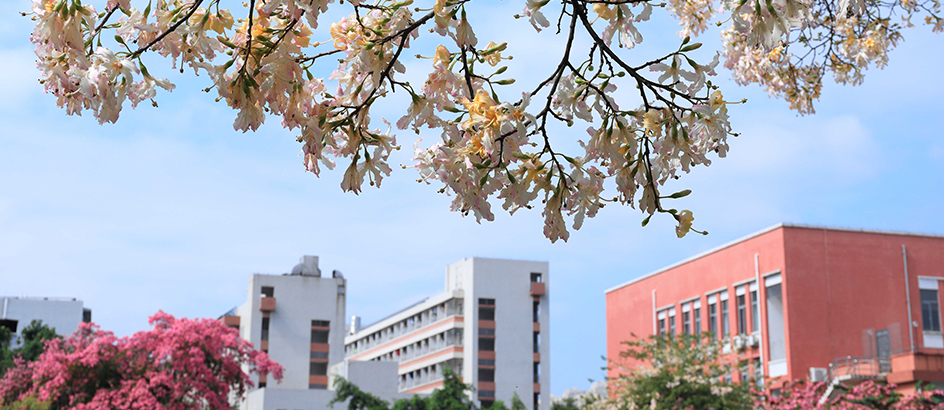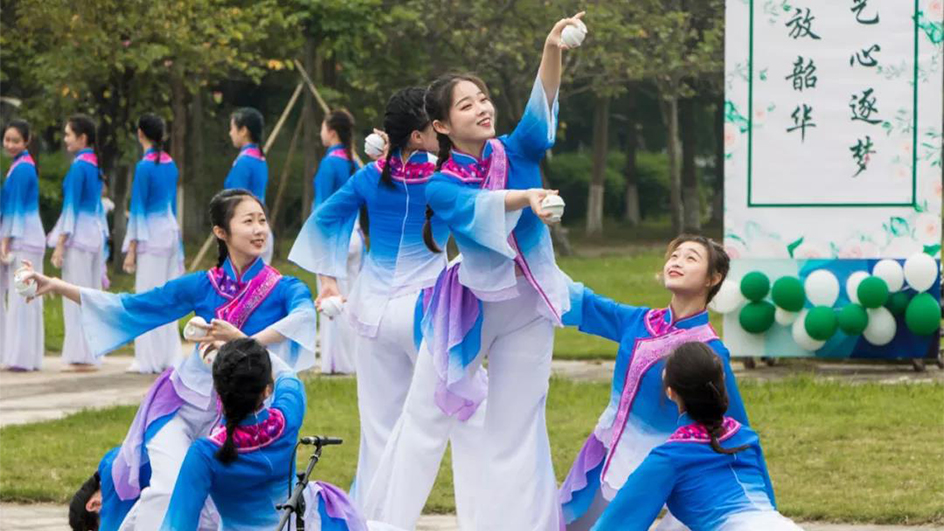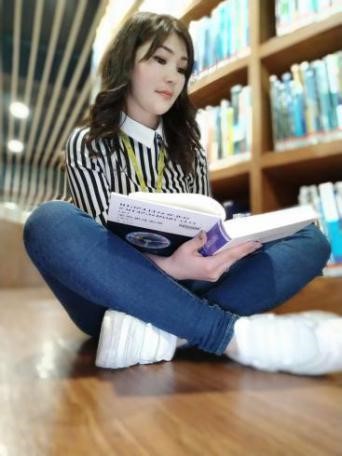
Likes
Reading has become an increasingly important part of a student’s study and life. A recent survey by the library of SCNU shows that school book loan grew about 17% in 2019, with 452,467 books checked out on the campus. A detailed report on Chinese students’ reading was released previously, while this article further deals with international students studying at SCNU, aiming to learn more about their reading interests and experience. Here’s what we found out.
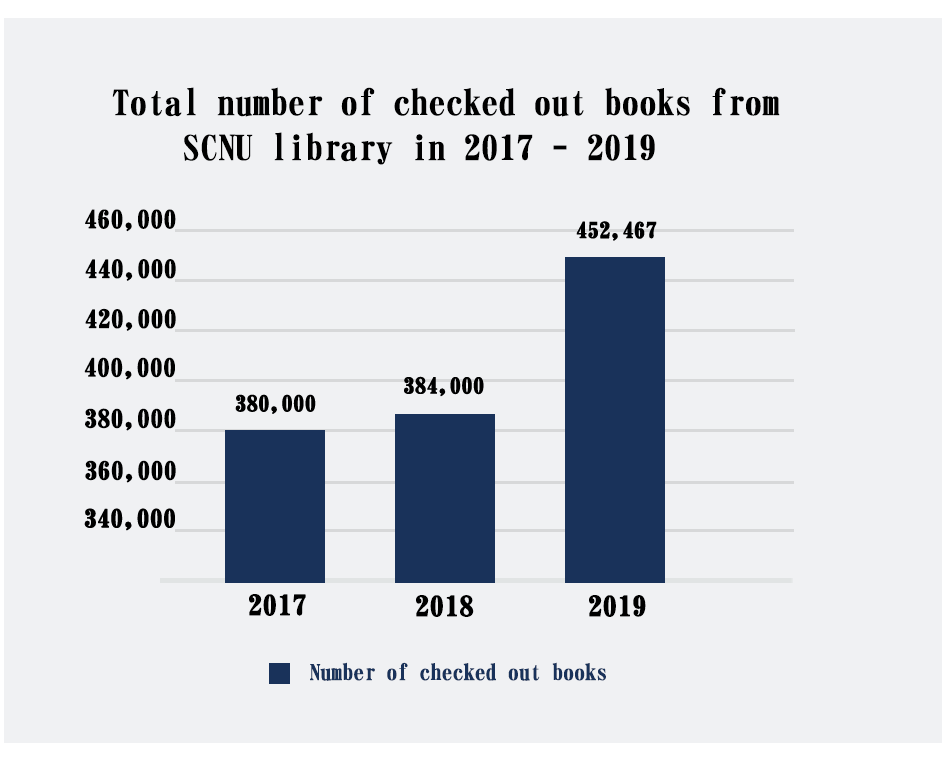
Professional books are the first choice
According to statistics released by the school library, 871 books were checked out by international students last year, and on average an international student reads about 9 books. Among the books they borrow, it is found that most are professional books related to students' majors and research interests.
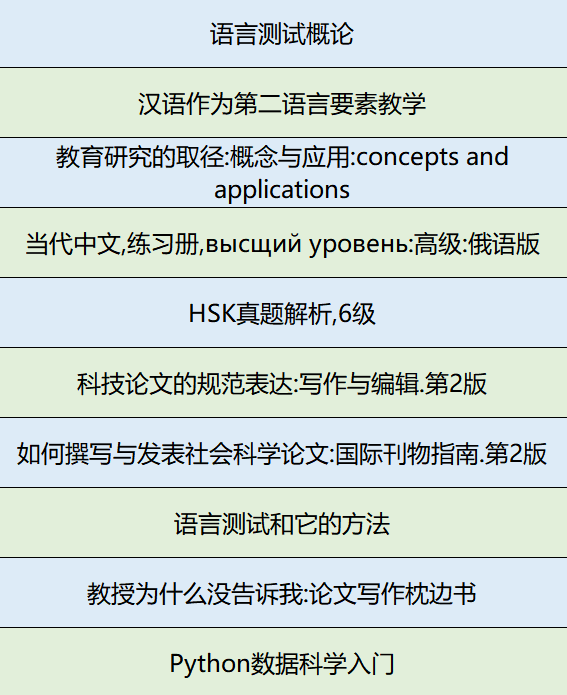
2019 Top 10 most borrowed books
We can see the books which are most regularly borrowed are all in Chinese, covering areas such as language learning, education theory, academic writing and data science.
“I read books about linguistics, child psychology, multiple intelligence theory, etc., many of which become my dissertation references,” said Saepeung Supattra, a Thai Chinese studying at the School of International Culture, who is now in her final year of master’s degree. "Reading extensively enriches my knowledge and makes me more literarily qualified."
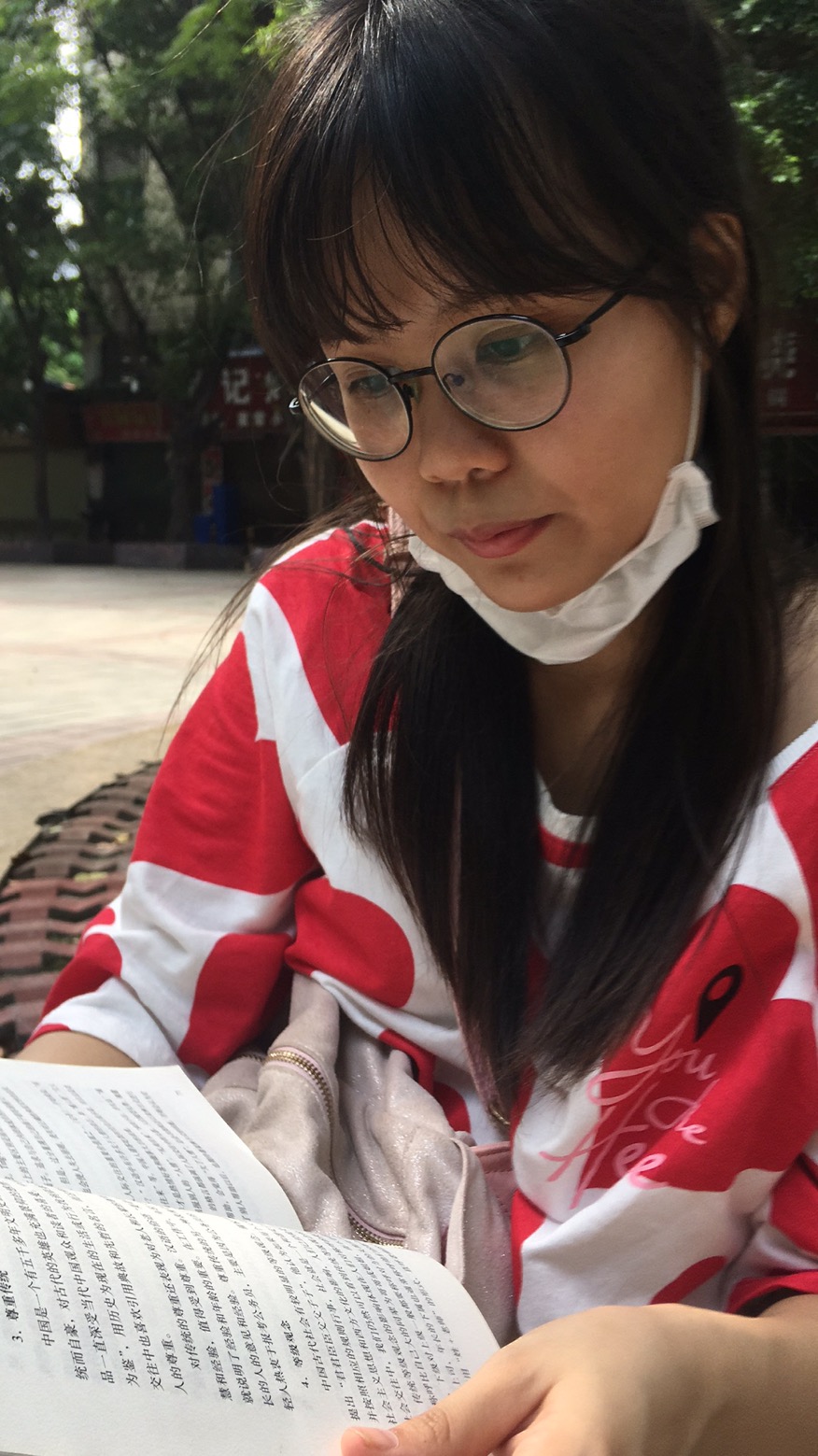
Saepeung reads in a park near her home
John Geng, a first-year doctoral student from the School of Computer Science, also adopts a similar strategy in reading books. "I often borrow books about computer-related professional topics, such as Formal semantics of computing systems and Python data science handbook = Python,” said he, who majors in software engineering. "These books are quite useful to my academic study, and lay a solid foundation in that discipline. Apart from books related to my major, I also read books about humanistic sciences so as to broaden my horizon," he added.
For Lulu, a postgraduate student from Armenia, she shows great interest in cultural adaptation. "When people from different countries come to a new environment, they will encounter different adaptation problems due to different languages, living habits, thoughts and behaviors," said she. "I want to study how people of different nations adapt themselves to different cultures, so I often borrow books about culture, especially when I need to write paper in this field."

Lulu poses in front of school library
Postgraduates read most
International students account for about 6% of the total readership, and the top ten Reading Stars are all postgraduates, statistics from the school library show.
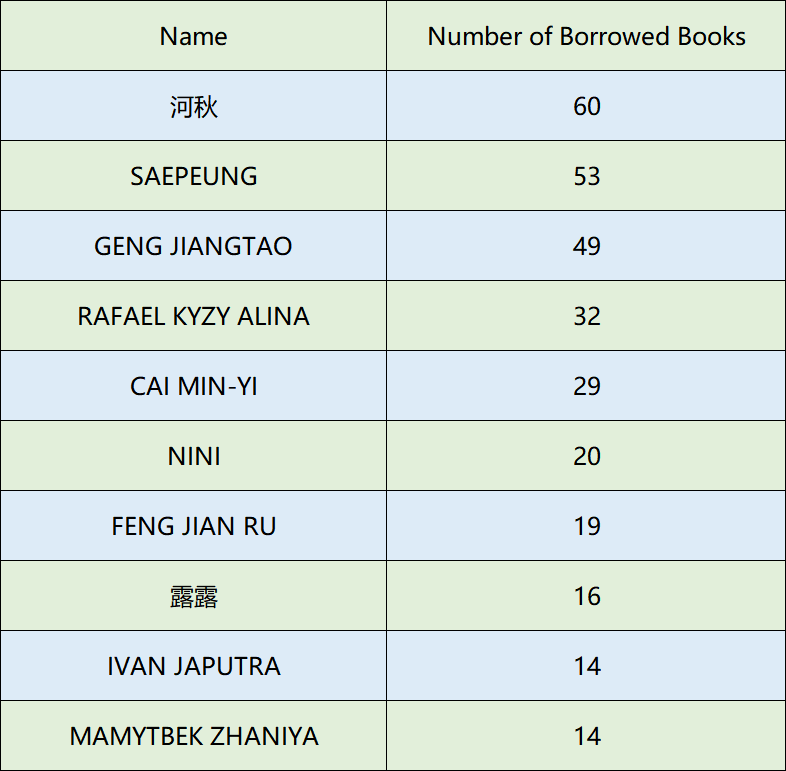
Top 10 reading stars in 2019
Nguyen Ha (河秋) from Vietnam, a second-year doctoral student at the School of Politics and Public Administration tops the list, having finished 60 books in one year. It's learnt that she not only reads most, but also studies hard, having won a full scholarship at school.
Saepeung read so much in the last year that she ranks No.2 on the list. "I not only borrow books from library, but also download e-books and read online. I've read far more books here than in my own country as I further study at a postgraduate level," she said. Compared with undergraduate students, postgraduate students usually have fewer classes and can spend more time on self-study. Saepeung said she would spend two or three hours reading a day, and could finish three to four books a month.
“I used to read novels, and I prefer books related to my major since I came to SCNU. Besides, my reading speed is higher than before,” said Lulu, adding that she has developed better reading habits at school.
Feeling good about school library
Ivan, a postgraduate student at the College of International Culture, aims to teach Chinese in the future. He says he has a lot of choice in terms of reading Chinese books at SCNU. "There are fewer Chinese books available at the library of the university in Indonesia where I took my bachelor’s degree. There, I could only browse some Chinese articles or books on websites,” he said.

Ivan is reading a professional book in Chinese.
"In Armenia, when borrowing books, people need to wait in a long line because the library’s resources are limited. But it is a different case at SCNU. I can check on the library’s website to see whether the book I need has been borrowed," said Lulu.
Alina, also from the College of International Culture, thinks the school library is very convenient. When she studied for her bachelor's degree in Kyrgyzstan, she had to go to the Capital Library since her school library did not have so many books. After she came to SCNU, the abundant books stacks in the library can well meet her reading needs.
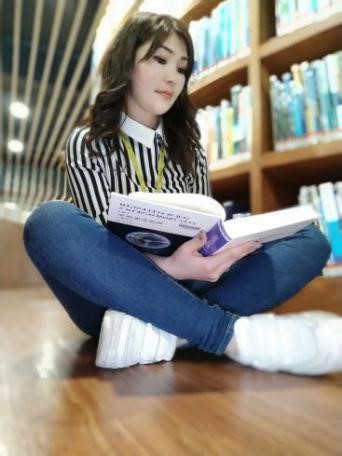
Alina enjoys the reading environment in library
During the interview, Alina added that she loves the balcony of the Knowledge Sharing Space in the library and likes going there to read whenever she is in a bad mood, or encountered difficulties or problems. "I have read hundreds of books in the SCNU library," she jokingly said.
Data from SCNU library
Graph made by Li Xinyi
Written by Jiang Xiaohua, Li Xinyi
Proofread by Edwin Baak
Edited and reviewed by Li Jianru
What to read next:


